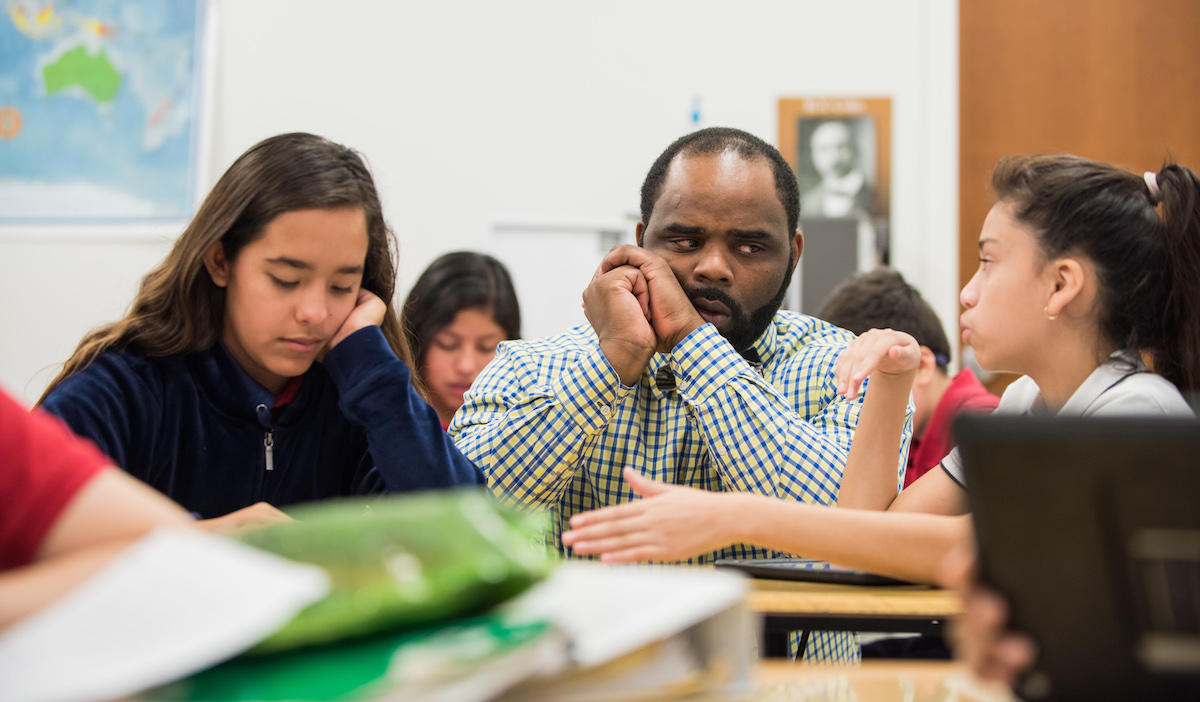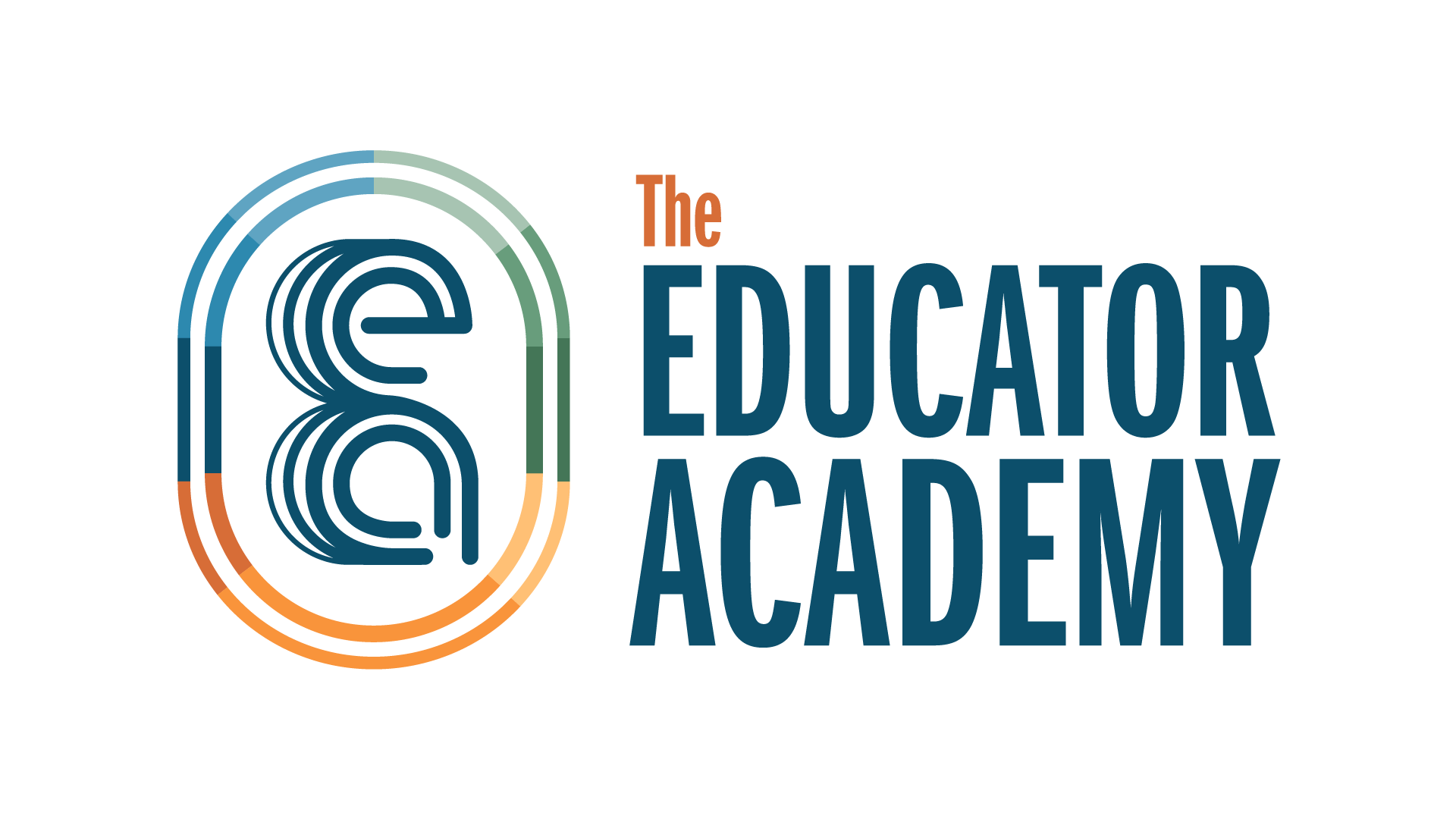
Inclusion in our schools and workplaces is necessary if we want to build an equitable education for all. I’ve been in education for over 8 years now and have come to believe that relationships > everything else in this work. Meaningful relationships require inclusive spaces where others can bring their authentic selves without fear of repercussion. One practical way we can create inclusive environments is through our language. Whether or not our intention is to exclude, there are many commonly used phrases that are exclusionary. Here are some of the top words/phrases that I have actively worked on removing from my vocabulary to be more inclusive (several are still works in progress):
this ubiquitous term is considered by many to be gender-neutral, but for some can feel like an exclusionary term that keeps out those who do not identify as male. I struggle with this one daily! I’m working to replace this term with friends, folks (or folx when writing), or the good ol’ fashioned y’all.
Ladies and gentlemen (or boys and girls)
Similar to “guys”, this phrase excludes individuals who do not identify with the male-female gender binary. I would often use it when teaching classes to a large group, especially as a greeting. Now, if I’m in a room of adults, I’ll try to use the terms above, or something that’s a specific identity of the group, like teacher or Residents. When working with kids, you could use students, children, scholars, or other gender-neutral terms. There’s also the timeless classic, everyone.
Boy/girl friend (or husband/wife)
These are gendered terms often that can be used to reinforce heteronormativity. A lot of times, I use these terms to ask questions about someone – oh, do you have a ____? Or trying to be inclusive – “You should bring your _____ to the event!” But if the term I insert is incorrect, it can create a barrier to sharing more about ourselves. Instead, I’m trying to use partner, significant other, or even special someone, if I don’t know how that person identifies.
Minority is often used to describe students in Title I, urban schools who are students of color. Its use is problematic because 1) “it denotes smaller status” (see linked article) and 2) in our schools, students of color aren’t the minority. They are a significant majority. At schools within the KC city limits, approximately 90% of students identify as a Person of Color. I use the term People of Color (PoC) (or students, teachers, etc) when referring to a large group with multiple races represented. It’s important to note though, PoC shouldn’t be used when talking about a specific race – for example, I taught at a school that was 99% Black/African American. To use PoC in this situation erases the racial identity of my students and does not actively include any other group.
This is often used to describe situations, experiences, feelings, mental states, etc, “crazy” is used everywhere. It has been a word used to negatively portray those who experience mental illness. This word is one I catch myself using to describe everything from a hard week to a surprising outcome. I’ve been working to make my language more accurate. “My day was crazy!” becomes “My day was hectic!” “That was so crazy!” becomes “That was really unexpected!”
“Blind spot” is typically used to describe things we are unaware of, especially in relation to diversity, equity, and inclusion work. When used in this way, it attaches a deficit-based connotation to people who experience blindness. The author of the linked article says it best, “If a culture’s language is full of pejorative metaphors about a group of people, that culture is not going to see those people as fully entitled to the same housing, employment, medical care, education, access and inclusion as people in a more favored group.” I have used it to describe areas that I didn’t realize were growth areas. Similar to “crazy”, I’m trying to be more precise in my speech. “That was a blind-spot.” becomes “I wasn’t aware of that.” or “That wasn’t on my radar.”
Christmas Vacation (or insert other words instead of vacation)
In schools (and elsewhere), I hear this all the time with “Christmas Break” or see Christmas trees up in schools. For the many individuals that don’t celebrate Christmas, this can feel exclusionary. It also serves as a reminder that, while we reserve time away for Christian holidays, we don’t for any other major religions’ significant celebrations. While recognizing that changing the name doesn’t shift the underlying issues of the system, I try to use the term “Winter Break”. If I know someone celebrates a specific holiday, I do try to acknowledge it in personal communication (Yom Kippur, Ramadan, Christmas, etc.)
These are just some of the words that can create unwanted barriers and exclusion. They happen to be the examples that come up often in my work and experience, and that have felt the most important to challenge in my own speech. I want to recognize that for some individuals, the words above may not seem problematic, and it may feel like censorship to suggest that you shift your language. It’s also important to name that inclusion is so much more than the words we use. And yet, in a time where we rely on verbal and written communication more than ever, words have a monumental impact. Maybe these aren’t the words that you need or want to focus on. For your context, there might be others that make more sense. If that’s true, I encourage you to do a quick google search, or perhaps read this article, so that we can work together to make our everyday language and messaging more inclusive of all people.


Ashley Gibbons joined the The Educator Academy Cohort 4 in the summer of 2019. After completing the Residency, Ashley took a full time position and is continuing to teach as a full time teacher of record.

